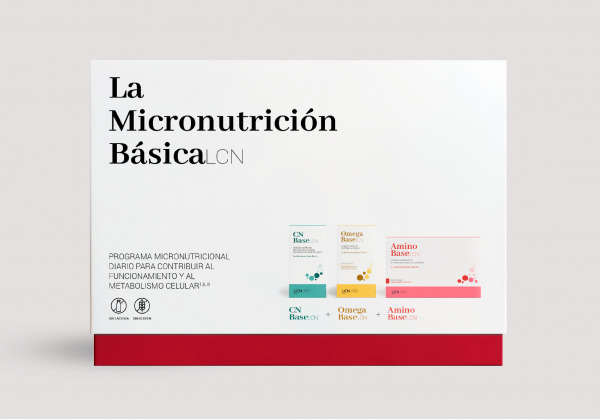People with chronic processes may have higher micronutritional needs due to several factors that can coexist:
Age: With age, micronutrient absorption and bioavailability decline at the physiological level, because both the stomach and the gut no longer work at peak efficiency.
Autonomy: A person’s dependence on others to carry out daily activities can influence their nutritional and hydration status, reducing food and fluid.
Oral health: Tooth loss negatively affects digestion and causes people to prefer soft foods (milk, yogurt, muffins, etc) and liquids over solid foods (vegetables, meat, fruit, etc.).
Socioeconomic status: Economic limitations can restrict access to certain foods, resulting in monotonous, micronutrient-poor diets.
Polymedication: A polymedicated patient is understood to be a person who, having one or more medical conditions, has been consuming five or more medications daily on a continuous basis for at least three months in any form (oral, inhaled, parenteral, etc.), whether prescribed by a healthcare professional or acquired over the counter at a pharmacy. Polymedication increases the risk of interactions between drugs and nutrients, affecting both equally.
Simultaneous existence of other chronic processes or health problems: This can exacerbate nutritional alterations and micronutritional deficiencies.
For all these reasons, persons who are polymedicated and have a chronic pathology need to be very careful with their diet and lifestyle.
Calvo Hernández M. Nutrición en el paciente polimedicado. Nutr Hosp Suplementos. 2012;5(1):64-76
Smoliner C, Norman K, Scheufele R, Hartig W, Pirlich M, Lochs H. Effects of food fortification on nutritional and functional status in frail elderly nursing home residents at risk of malnutrition. Nutrition. 2008 Dec;24(11-12):1139–44.



